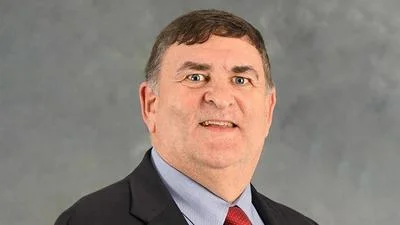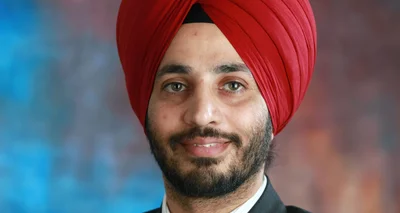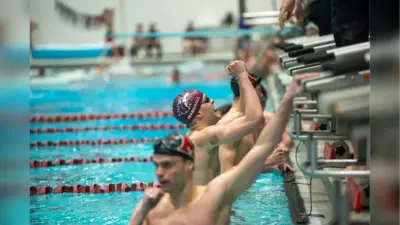University of Illinois College of Engineering issued the following announcement on Aug. 16
The International Society of Electrochemistry awarded University of Illinois Urbana-Champaign Chemical and Biomolecular Engineering Professor Xiao Su the Elsevier Prize for Green Electrochemistry in recognition of his achievements in the field of environmental electrochemistry.
The annual award is given to early-career scientists under the age of 35. Su will receive the award at the 2022 Annual ISE Meeting, where he will give a lecture on redox-mediated electrochemical processes for selective separations and environmental remediation.
“I am deeply honored to join the ranks of past recipients who have advanced environmental electrochemistry in countless ways,” said Su, who is also an affiliate faculty member in civil and environmental engineering and the Beckman Institute for Advanced Science and Technology. “I am grateful to all the individuals— including my students, mentors, and collaborators—who have helped propel my own efforts to leverage electrochemistry to address environmental challenges.”
The Su group is leading the development of advanced materials for molecularly selective separations and process intensification for applications in energy, environment, and chemical manufacturing.
His team creates electrochemical systems that harness specific electrochemical interactions for ion-selective sorption and transformation — to address challenges ranging from water purification and contaminant remediation to sustainable chemical purification and critical element recovery.
Recently, his lab received support from the Illinois Innovation Network to create electrochemical wastewater treatment systems using these innovative concepts. Another collaborative project at UIUC is developing renewable energy-driven systems to recover excess nitrogen from polluted waterways for upcycling into value-added products.
ISE was founded in 1949 by leading European and American Electrochemists to serve the growing needs of electrochemistry in becoming a modern scientific discipline. Since then the association has evolved and now comprises about 3,000 individual members and more than 20 Corporate Members (teaching institutions, non-profit-making research organizations, and learned societies) and Corporate Sustaining Members (industrial and commercial organizations). Its membership comes from more than 70 countries and is organized in over 40 regional sections. ISE is a non-profit-making organization with its seat in Lausanne, Switzerland.
Original source can be found here.





 Alerts Sign-up
Alerts Sign-up